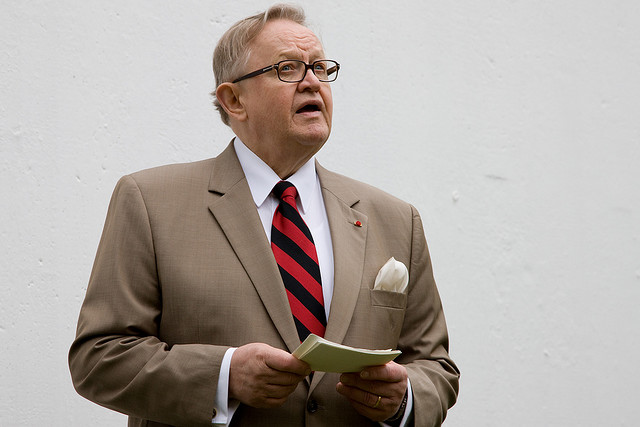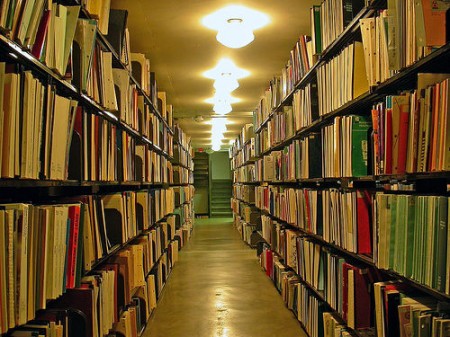
Freedom House has long held the view that there is a correlation between human trafficking and despotic political regimes. If you read the latest world trafficking report by the US State Department and compare it with Freedom House’s most recent list, you’ll see what I mean.
The State Department’s report looks at the type and extent of trafficking activity, as well as the government response, in order to assess a country’s commitment to protecting human rights.
So, which country might we expect to be the most vigilant in ending modern day slavery?




